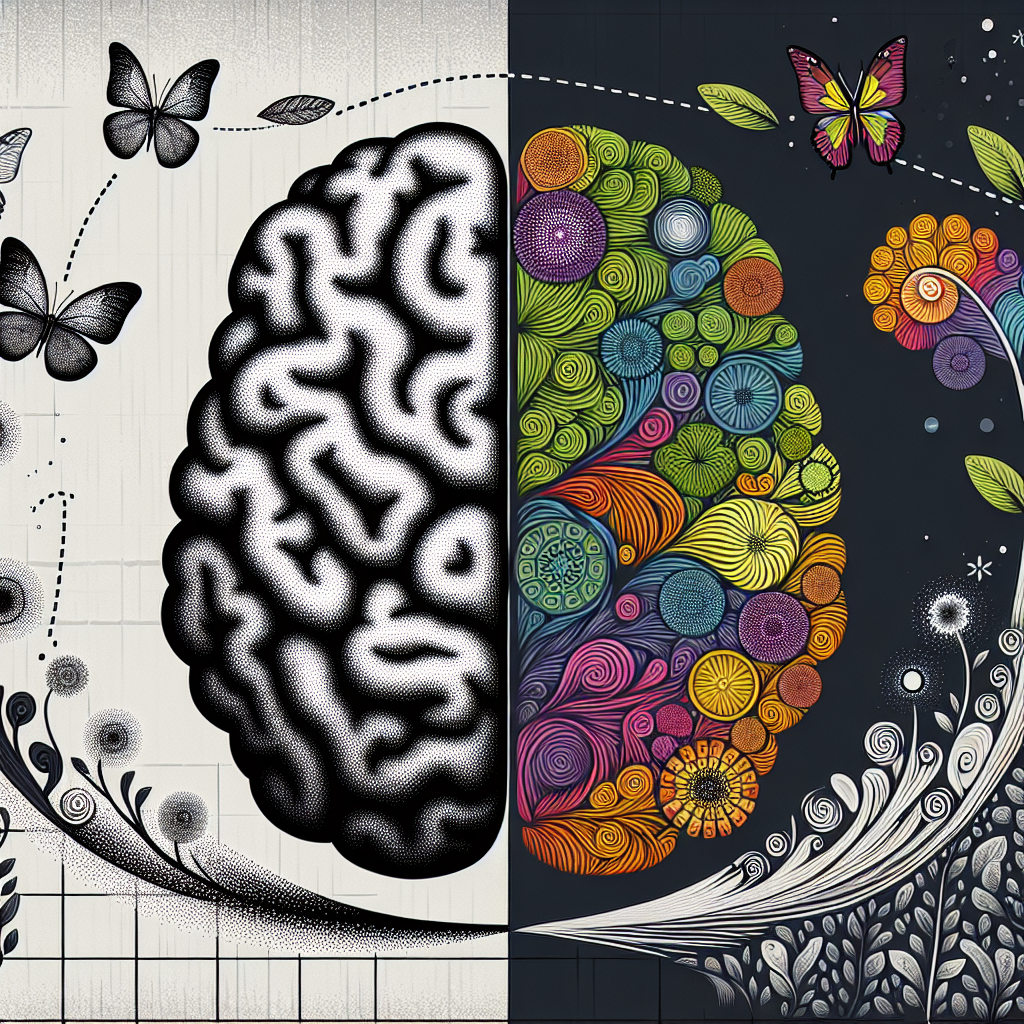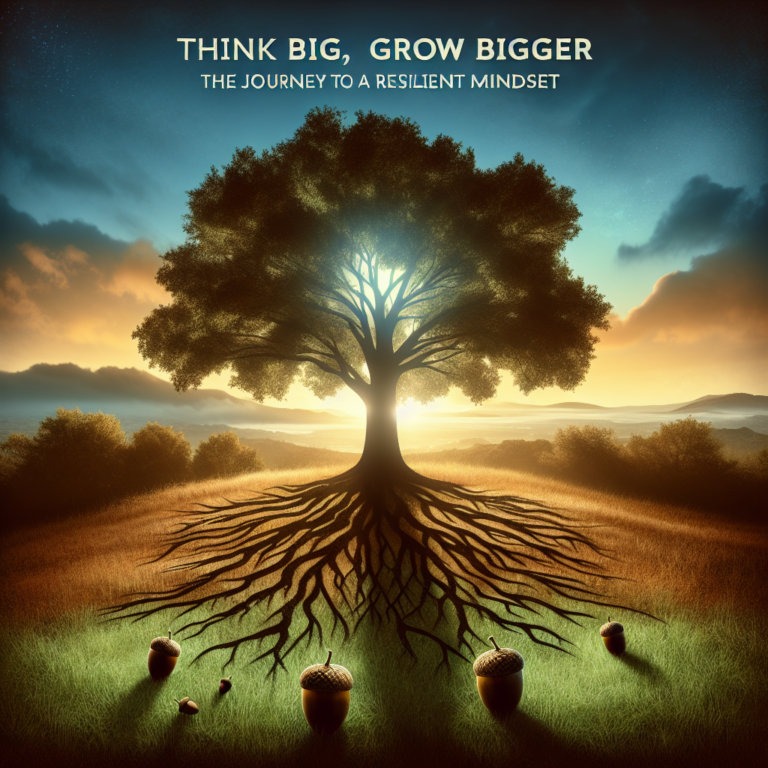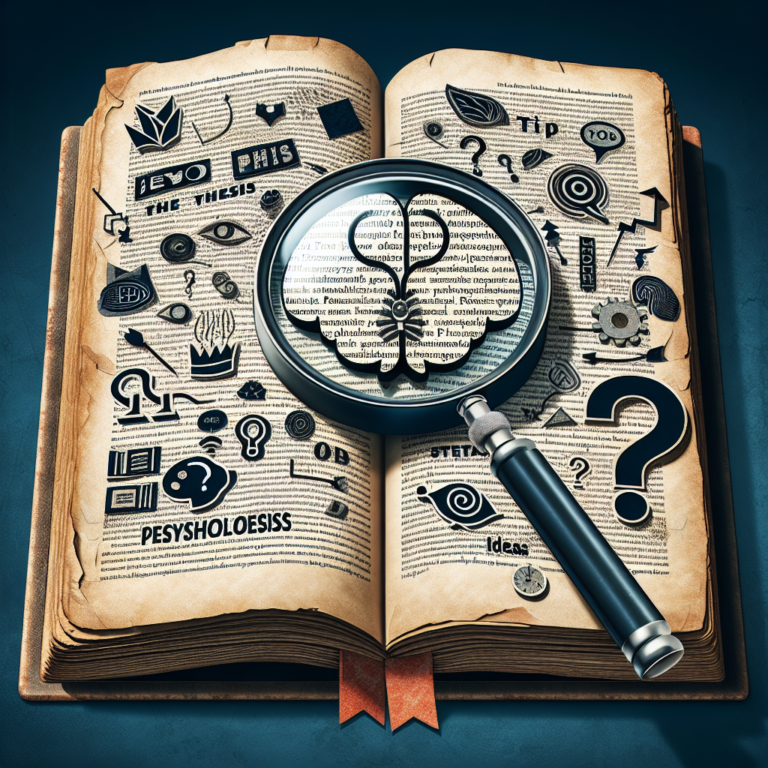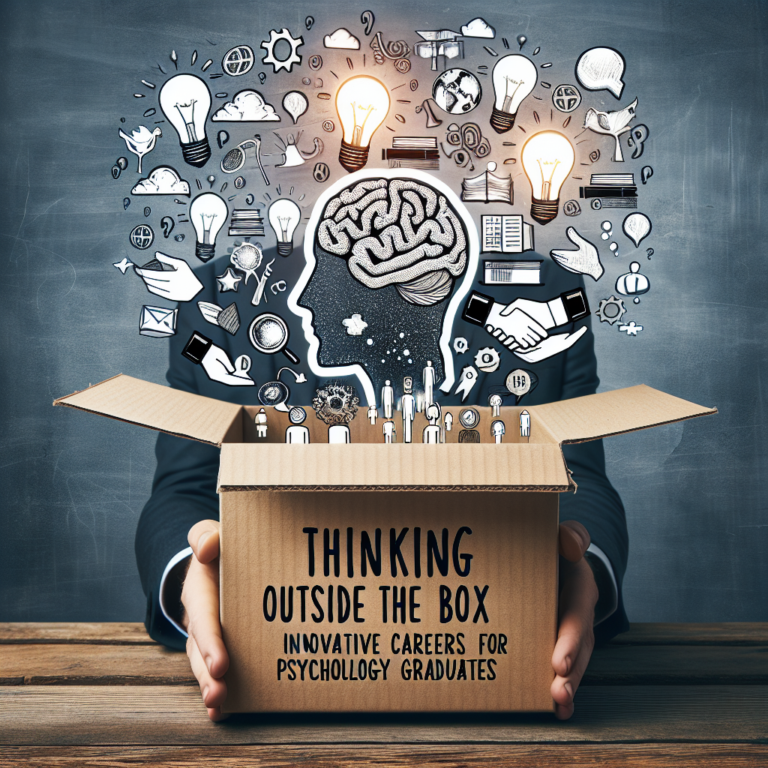
From Fixed to Flexible: Transform Your Mindset for Lifelong Learning
Introduction: The Power of Growth
In today’s fast-paced world, the ability to adapt and learn continuously is no longer just a nice-to-have but an essential trait for success. The journey from a fixed mindset to a flexible one is not simply a transformative process; it’s a vital skill set that empowers individuals to thrive amid change. "From Fixed to Flexible: Transform Your Mindset for Lifelong Learning" is not just a phrase; it embodies a philosophy that can reshape your approach to life and education.
Imagine being someone who embraces failure as a stepping stone rather than a setback, who seeks out challenges enthusiastically, and who views learning as an endless adventure. This is the essence of adopting a flexible mindset—a transformation that opens doors, fosters innovation, and leads you to personal and professional fulfillment.
In this article, we will explore the concept of mindset, delve into the pillars of lifelong learning, present case studies of individuals and organizations that have successfully transitioned from fixed to flexible thinking, and provide actionable insights to cultivate this essential skill in your own life.
Understanding Mindsets
Fixed vs. Flexible Mindset: A Comparison
To embark on the journey of transformation, it’s crucial to first understand the two contrasting mindsets:
| Aspect | Fixed Mindset | Flexible Mindset |
|---|---|---|
| View of Intelligence | Static and unchangeable | Developable through effort |
| Response to Challenges | Avoidance or fear | Embrace challenges as opportunities |
| Attitude Towards Failure | A setback that defines ability | A chance to learn and grow |
| Approach to Feedback | Defensive and dismissive | Open and receptive |
| Success of Others | Threatening and discouraging | Inspirational and motivating |
As you can see, the shift from fixed to flexible is not merely a semantic change; it involves a fundamental reorientation of how we perceive ourselves and our capabilities.
The Importance of Lifelong Learning
Why a Flexible Mindset Matters
Adaptability: Our world is evolving rapidly, and industries are being disrupted more frequently than ever before. A flexible mindset allows you to adapt to changes and seize new opportunities.
Resilience: Embracing a flexible perspective enables you to bounce back from setbacks with renewed vigor. Research shows that individuals with a growth mindset are more resilient and better equipped to face adversity.
- Continuous Improvement: Learning doesn’t stop in the classroom. Lifelong learners possess the ability to grow and improve throughout their lives, making them more competitive and innovative in their fields.
Case Study: The Tech Titans
An excellent example of the shift from fixed to flexible is the evolution of tech giants like Google and Microsoft. Both companies originally had rigid structures that hindered creativity and innovation. However, recognizing the need for adaptability, they restructured their cultures to prioritize continuous learning and flexibility. Consequently, they have spearheaded various initiatives that foster a culture of experimentation and learning, proving that the flexible mindset can transform even the most established organizations.
The Road to Transformation
Steps to Shift Your Mindset
Self-Reflection: Begin by conducting a thorough self-assessment. Identify areas where you exhibit a fixed mindset and contemplate how these beliefs hold you back.
Embrace Challenges: Deliberately seek out challenges in your personal and professional life. Whether it’s a difficult project at work or a new hobby, pushing yourself out of your comfort zone is essential for growth.
Seek Feedback: Adopt a proactive approach toward feedback. Instead of viewing constructive criticism as a personal attack, consider it valuable insight for your development.
- Celebrate Failures: Instead of lamenting failures, treat them as learning experiences. Analyze what went wrong, derive lessons, and apply these insights as you move forward.
Tools and Techniques for Transformation
Journaling: Keep a learning journal where you document your thoughts, challenges, and lessons learned. This practice not only helps in self-reflection but also encourages a focus on growth.
Mindfulness and Meditation: Incorporate mindfulness techniques to enhance self-awareness and reduce stress, allowing for a more adaptable mindset.
- Learning Communities: Connect with like-minded individuals who promote growth and lifelong learning. Learning from others encourages diverse perspectives and fresh ideas.
Real-World Applications of Flexible Learning
Case Study: The Lifelong Learning Culture at LinkedIn
LinkedIn has established itself as a leader in promoting a culture of lifelong learning. By introducing features like LinkedIn Learning, the company has empowered its employees to continuously acquire new skills. The shift to a flexible mindset is evident in the company’s policies that encourage team members to pursue courses and certifications in areas that excite them.
Analysis: LinkedIn’s approach illustrates how organizations that foster a flexible mindset can engage employees, encouraging them to grow and take ownership of their continuous learning process. This creates an environment where innovation flourishes.
Chart: The Benefits of Flexible Mindset in the Workplace
| Benefit | Fixed Mindset | Flexible Mindset |
|---|---|---|
| Innovation | Low | High |
| Employee Engagement | Low | High |
| Productivity | Moderate to Low | High |
| Retention Rates | Low | High |
As evidenced by the chart, the impact of fostering a flexible mindset is profound, significantly enhancing various facets of organizational performance.
Actionable Insights for Lifelong Learning
Personal Action Plan: Develop a personalized action plan that outlines specific learning goals. This could include attending workshops, enrolling in online courses, or reading books that challenge your thinking.
Networking: Attend networking events to connect with individuals who inspire you and foster a collaborative mindset. Engaging with a wider circle can enhance your learning journey.
- Accountability Partners: Find a mentor or accountability partner who can help keep you motivated. Regular check-ins can provide the necessary support to maintain your dedication to lifelong learning.
Conclusion: Your Journey Awaits
The journey from fixed to flexible is one of the most empowering transitions you can make. By acknowledging the limitations imposed by a fixed mindset and committing to lifelong learning, you can unlock your potential, adapt to change, and thrive in all aspects of your life.
As you embark on this transformative journey, remember that the pathway will not always be smooth. Embrace the challenges, cherish the learning experiences, and let the flexible mindset guide you. The world is full of opportunities—are you ready to seize them?
FAQs
1. What is a fixed mindset?
A fixed mindset is the belief that abilities and intelligence are static and unchangeable, often leading individuals to avoid challenges and fear failure.
2. How can I identify a fixed mindset in myself?
Look for patterns such as avoiding difficult tasks, feeling threatened by others’ success, or dismissing constructive criticism.
3. What are practical steps to develop a flexible mindset?
Engaging in self-reflection, embracing challenges, seeking feedback, and celebrating failures are all practical steps to cultivate a flexible mindset.
4. How can organizations encourage a culture of lifelong learning?
By creating policies that prioritize continuous education, providing resources for skill development, and fostering an environment that embraces challenges and failures.
5. What resources can aid in lifelong learning?
Books, online courses, podcasts, webinars, and professional development workshops are invaluable resources to facilitate continuous learning.
With the insights presented here, you have the tools and understanding necessary to embark on your journey from fixed to flexible: Transforming Your Mindset for Lifelong Learning. The possibilities are endless—let your adventure begin!















